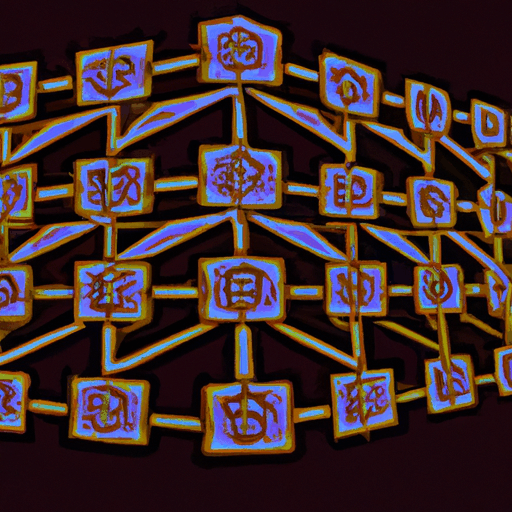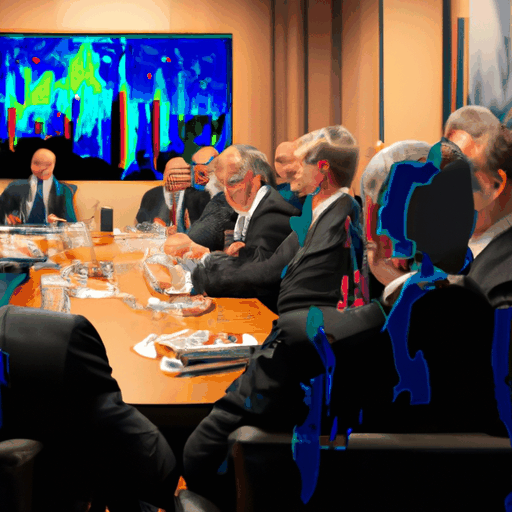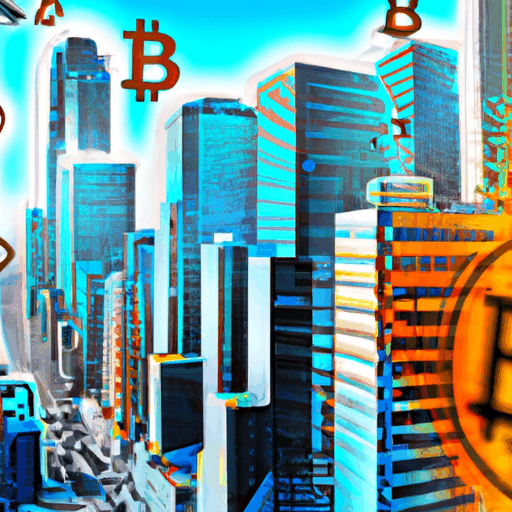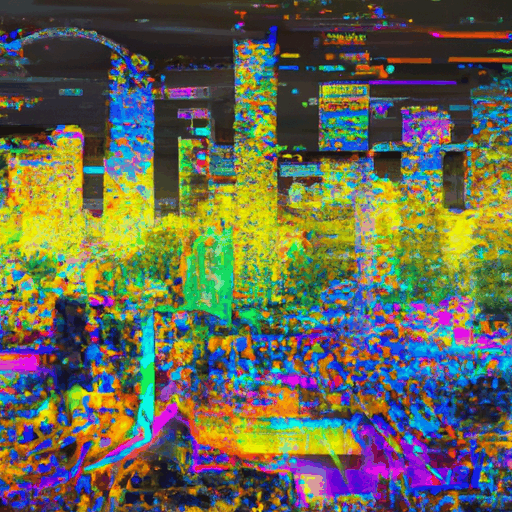
The Quiet Revolution: How Chatbots Are Reshaping Digital Interactions
By: Eliza Bennet
The rapid rise of ChatGPT has caught the attention of digital giants like Meta, transforming how users interact online. With over 800 million registered users and around 125 million daily active participants, the AI tool is no longer just a mere productivity assistant. It's evolving into a virtual social hub that commands the kind of engagement attention that Meta, with its $160 billion ad-driven empire, deeply values. Users are increasingly being drawn away from traditional social media platforms, spending an average of 14 minutes per session, reminiscent of Facebook’s early allure.
Reports suggest that Meta identifies OpenAI, the creator of ChatGPT, as its most significant competitor. The crucial battle isn’t about technological parameters; it's for the precious time that fuels advertising dollars. Every minute a user spends interacting with AI is a minute not spent on Meta's platforms, where advertisements thrive. ChatGPT's intuitive interface and interactive capabilities are reshaping user behavior from the quest for affirmation and conversation to personal companionship with AI-powered responses.
Meta’s traditional social networking model depends on users engaging with one another, providing the perfect backdrop for advertisements. Meanwhile, ChatGPT offers intimate, personalized interactions that might not involve any commercial interruptions. This transformation is exemplified by AI's ability to retain individual user preferences for a more personalized experience. Instead of large communal engagements, millions are now interacting through one-on-one dialogue with chatbots, which can retain context, generate responses with personality, and respond empathetically.
Moreover, the concept of deploying AI companions isn't merely replacing traditional social networking; it's augmenting personal connections, often leading to deep pseudo-social bonds. This emerging trend could potentially evolve further, as digital communication dynamics continue to shift, questioning the future of traditional social media platforms. Major companies like Meta are now increasingly pressured to retain their daily active users, knowing that every minute lost within their ecosystem represents a significant decline in advertising potential.



